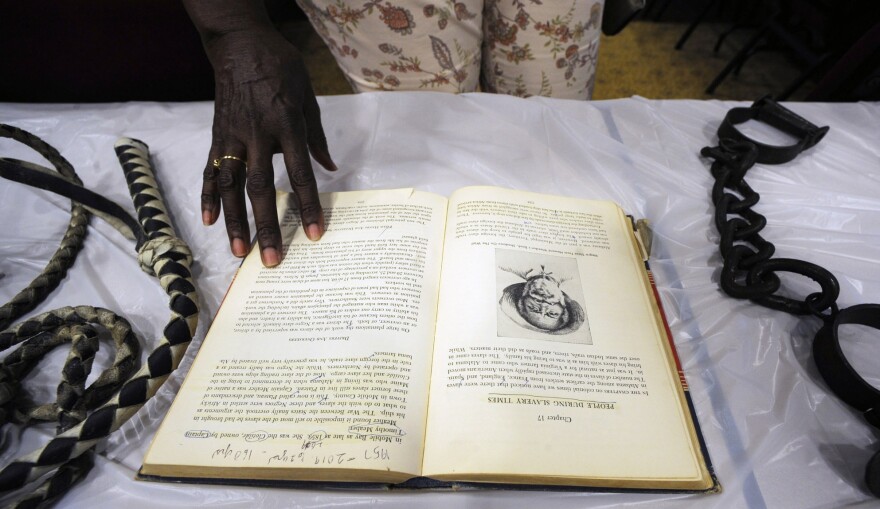“Evil and unforgiveable.” That how descendants of Timothy Meaher call the actions of the Alabama man responsible for illegally bringing 110 African captives to America aboard the last U.S. slave ship. Meaher’s family are breaking generations of public silence on the matter. Relatives of Meaher issued a written statement to NBC news on his actions more than one hundred and sixty years ago. The family says what Meaher did had consequences that have impacted generations of people. Descendants of the Africans still live in a community in Alabama founded after they were released from slavery following the end of the Civil War in 1865. The head of a descendant’s organization says the group has been in email contact with the Meaher family recently.
APR Gulf coast correspondent Guy Busby attended the Mobile premiere of a documentary titled “Descendant.” It was about the voyage of the Clotilda to Alabama. The film was four years in the making to tell the story of people taken from Africa to Alabama on the Clotilda and how their children and grandchildren preserved the story. Crowds lined up at Mobile’s Saenger Theater to see this story hidden for one hundred and sixty years.
“I think folks that are here are going to be swept into the story in a way that we haven't seen quite yet before,” said Ramsey Sprague, president of Mobile Environmental Justice Action Coalition.
“Tonight is a celebration of an incredible documentary made by Margaret Brown, a local filmmaker that chronicles some of the story around the rediscovery of the sunken illicit slave vessel, the Clotilda, and the descendants of the shipmates that crossed that journey, the last trans-Atlantic slave journey and an examination of what's happening in the community today and how important historical self-examination, historical documentation and the exploration of our roots and the roots of justice,” he said.





